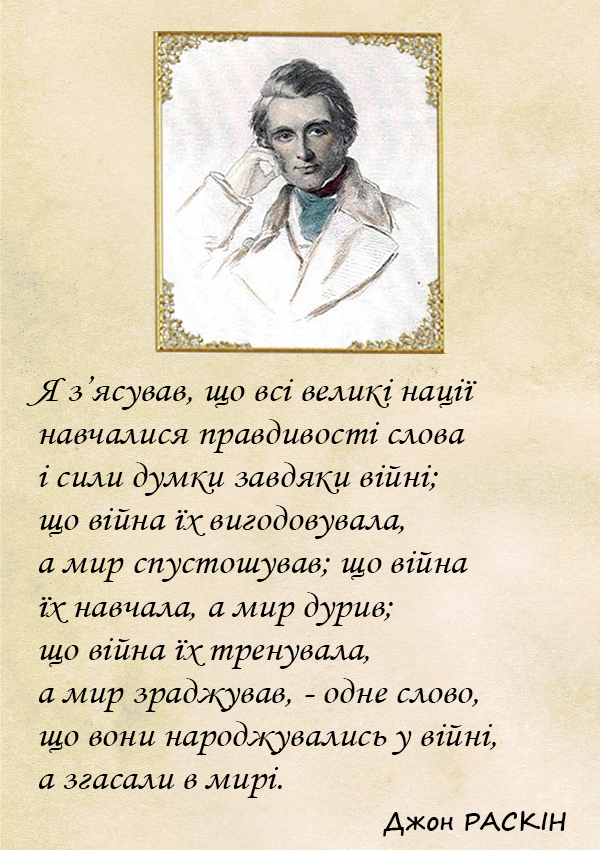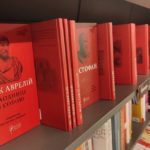
(book review)
Writers and public figures were often persecuted in the Soviet Union. The Ukrainian author, Vasyl Stus, can be called perhaps the most vivid example of these events, when his entire life path and all his literary works speak of the identity and desire for the independence of the Ukrainian state.
The book entitled ‘The Case of Vasyl Stus’ contains materials from which you can understand the results and why the Ukrainian poet and dissident was convicted. This book includes a huge number of documents that were kept in the KGB archive:
- protocols of court sessions, searches and interrogations;
- testimony of participants;
- the artist’s letters from prison;
- memories of his friends and family members.
It not only gives an opportunity to understand the criminal case, but also to find out what Vasyl Stus was like as a person.
The criminal case consisted of six volumes. Of course, dealing with thousands of pages is beyond the power of historians. Now everything is systematized and more understandable. Access to individual materials published in the book was opened only after the declared decommunization.
“Until this number of documents from the KGB, no one had published such a volume. Small pieces of paper, like puzzles, show a real picture of the terrible business of the mites. Because the facts show that there was no reason to judge him. In one of the fragments, Stus is accused of correspondence with the nationalist Khrystyna from Germany, who was actually a socialist. So Stus was charged for one-sided correspondence with a socialist woman by the socialist state!” explains Vakhtang Kipiani.
In the biographical book, information is placed on fifty pages. The criminal case consists of six chapters. The author also wrote 4 of his own articles for them. Plus entries “From the camp notebook.”
The basis of the book is the trial of the poet, his research.
Following the chronicle of court proceedings, one can see most of all that it is worth calling the “theatre of the absurd” around the person of Vasyl Stus.
You can learn not only about the people who were involved in the destruction of the artist, but also about those two individuals who risked their own will, and even their lives, defending him at court hearings. We are talking about Svitlana Kyrychenko and Mykhailyna Kotsyubynska.
“I do not answer any question of this court that is not recognized by Stus as valid. I will testify only at the hearing where Vasyl Stus will be the accuser, not the defendant,” said Svitlana Kyrychenko, refusing to testify in 1980.
“It was these desperate women who had to take on the role of the poet’s defenders. Although he had a lawyer – Viktor Medvedchuk. But he did not even inform the family of his ward about the date of the court session. After the start of the hearing, it was Mykhailyna Kotsyubynska who called Valentina Popelyukh (writer’s association) and informed her about everything.
Note that even during the Soviet process, the lawyer was given considerable opportunities. However, Medvedchuk did not submit a single motion; he did not invite a single witness. When he was given the floor during the debate, he said: “The qualification of the defendant’s actions is correct.”
“Medvedchuk could not actually save Stus, because the decisions on the cases of dissidents were not made in the Kyiv court, but in the KGB in Moscow,” Kipiani noted. “But Viktor Medvedchuk had a chance to remain decent, but instead he served the then regime and ‘protected’ Vasyl Stus even after the poet refused his service.”
The finale of the book is the entry ‘From the camp notebook,’ which became the last text of Vasyl Stus, managed to be saved from the camp walls.
“This record is very important. The text reflects the sharpness of the poet’s words, his loyalty to principles. He protects some people, including the ‘man of God,’ believer Semyon Skalych. He had the opportunity to release, for example, poetry, and instead he defended a person who would never be able to write a statement in his own defence. That is, he remains a human rights defender and humanist even in the last days of his life,” said Vakhtang Kipiani.
The author says that the purpose of his book was to seek to change the ‘poster’s’ attitude towards the poet and the people who were close to him.
“They were also once in their twenties and thirties. They also wanted to work normally, become parents, sometimes go on vacation, and dream about creativity. But all this collapsed, because there was such a state. This is an attempt to convey to the readers that Stus is not a recently invented hero. He really was like that, fighting for the opportunity to be in the literary process and express himself in it. This is the key moment of this story,” Kipiani concluded.
This book impressed me a lot. Sometimes, the fight for freedom costs the whole life…
My rating is 9.5/10.


























































Залишити відповідь